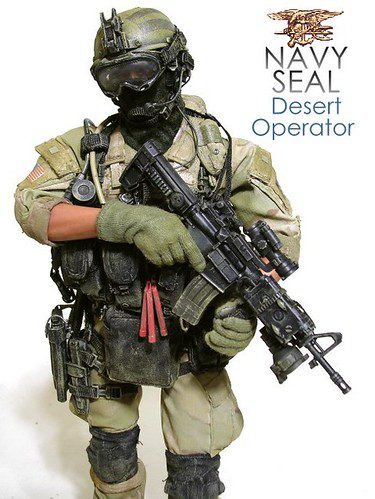 Former Navy SEALs are on the entire operational alert to identify and assist travellers trapped in Sudan.
Former Navy SEALs are on the entire operational alert to identify and assist travellers trapped in Sudan.
Former Navy SEALs and other military special forces veterans actively assist and coordinate extractions for travellers caught in war-torn Sudan. Security operations experts for Global Rescue, the leading security and medical evacuation and travel risk management services company, are in direct contact with stranded travellers.
Global Rescue coordinated the maritime extraction of several people to Egypt, a 600-mile journey along the Red Sea. “We moved quickly to advise people in Port Sudan to depart the country immediately. We successfully extracted multiple western tourists from the region, who were initially reluctant to leave. They were advised to depart at once, before the fighting spread to Port Sudan- at which time movement would be nearly impossible,” said Harding Bush, former Navy SEAL and the senior manager of security operations for Global Rescue.
“People in Sudan were advised to shelter-in –place as street fighting and attacks on the airport are preventing the use of overland and aviation departures. We’re tracking their movements and providing immediate security advisory services throughout the ordeal,” said Dan Richards, CEO of Global Rescue and a U.S. Travel and Tourism Advisory Board member at the U.S. Department of Commerce.
Travellers in the region for leisure and business were suddenly trapped when widespread fighting erupted between warring factions and quickly spread to the capital city and the airport, shutting down flights in and out. Bush and his Global Rescue team of former military special forces veterans are medical and security operations experts. They provide extensive logistic, rescue, extraction and advisory services and guidance where needed for people trapped in areas where fighting is present and other areas of Sudan.
“The two rival Sudanese armies are driving the country toward a full-blown civil war. Sudan and adjacent regions are unpredictable and potentially more dangerous. While the U.S. and European embassies are evacuating staff, American and European business and leisure travelers are at tremendous risk of being left behind if they do not have access to professional assistance,” Richards said.
When Russia invaded Ukraine, travellers quickly learned they needed to add emergency evacuation plans to extract clients from a country if conditions became dangerous. “We see similar scenarios playing out in Sudan,” Richards said.
Written by: Bill McIntyre
















